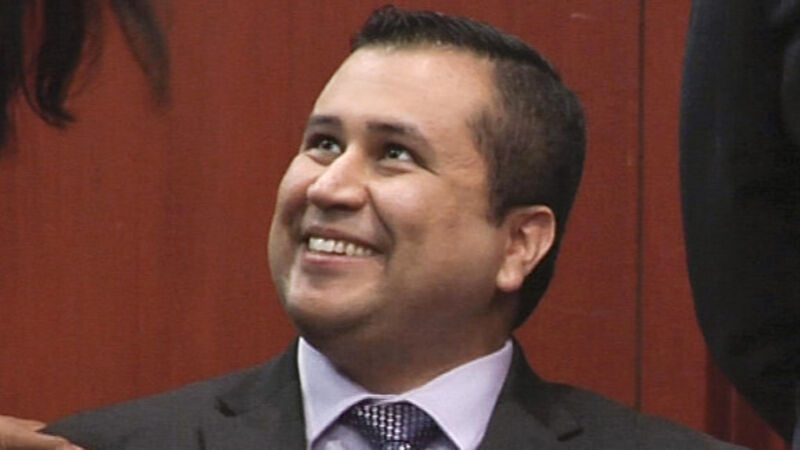Zimmerman trial not just about innocence or guilt

NOW the jury has spoken on the question that riveted the public and filled news broadcasts to the gills: Whether George Zimmerman, a neighbourhood watch volunteer, murdered 17-year-old Trayvon Martin because he happened to be a black kid in the wrong place at the wrong time, in the wrong outfit.
It is hardly a mystery why this tragedy exploded into America’s trial of the year. It was not just about Zimmerman’s guilt or innocence. It was about the state of race relations in the US — about racial guilt or innocence.
















